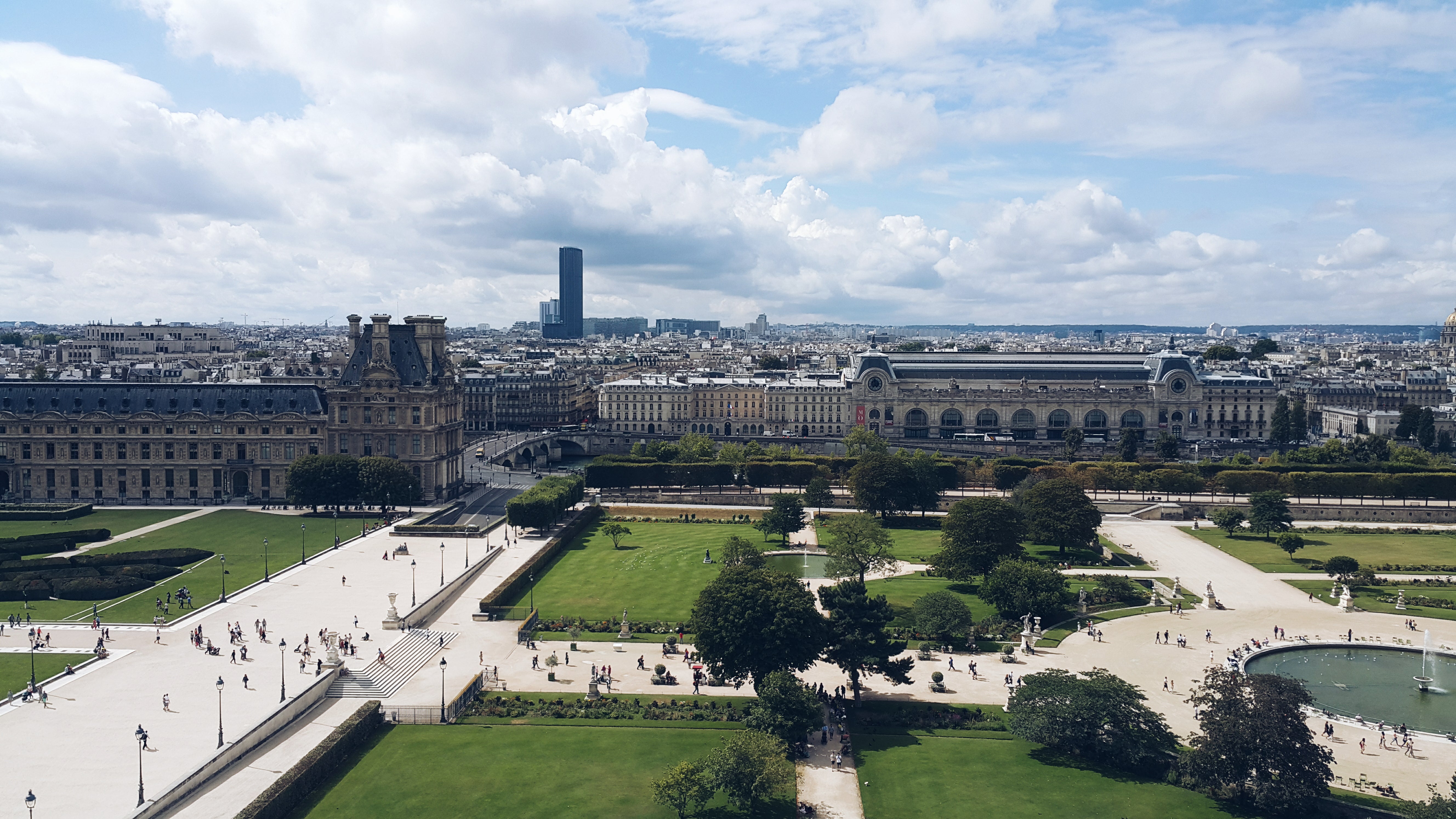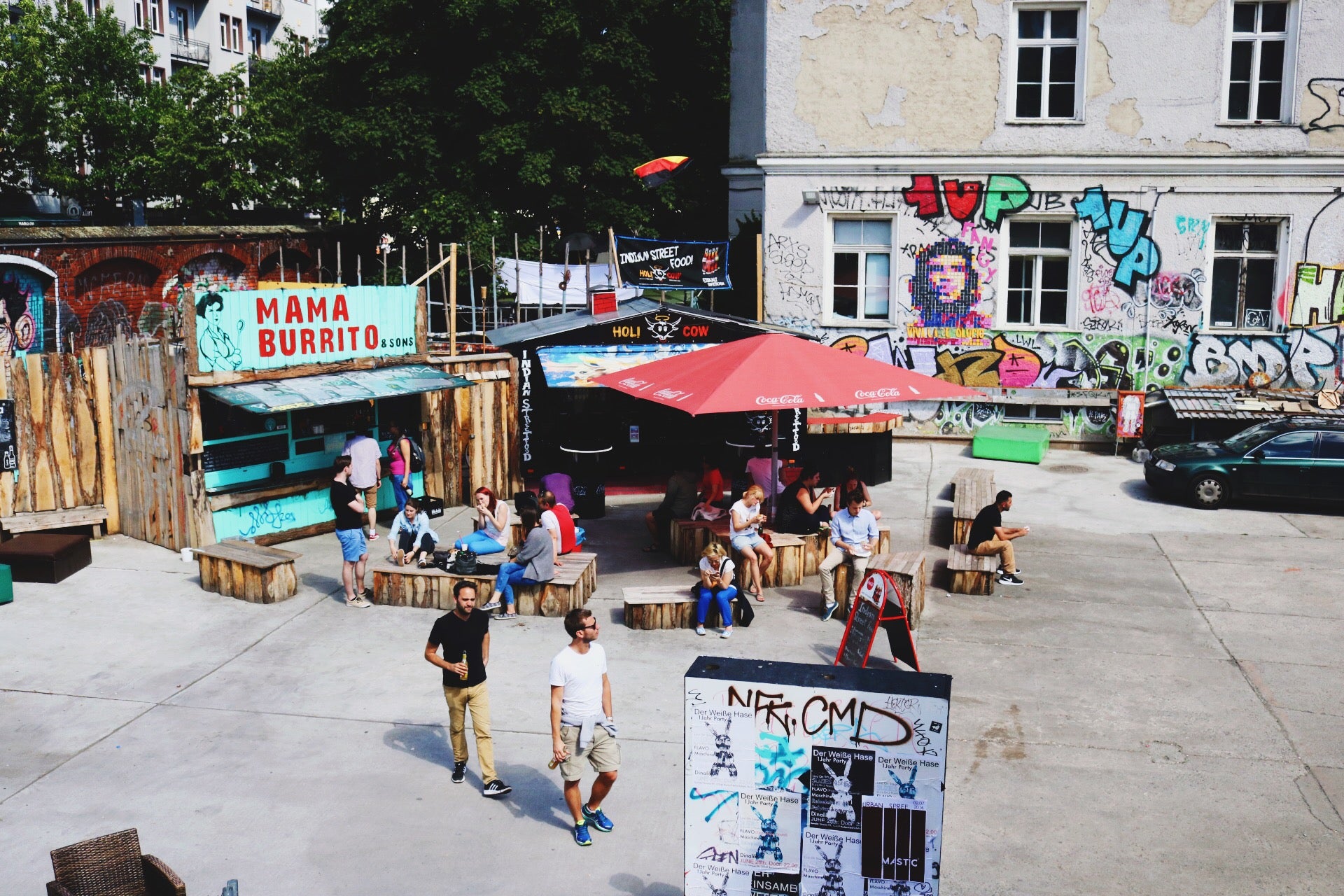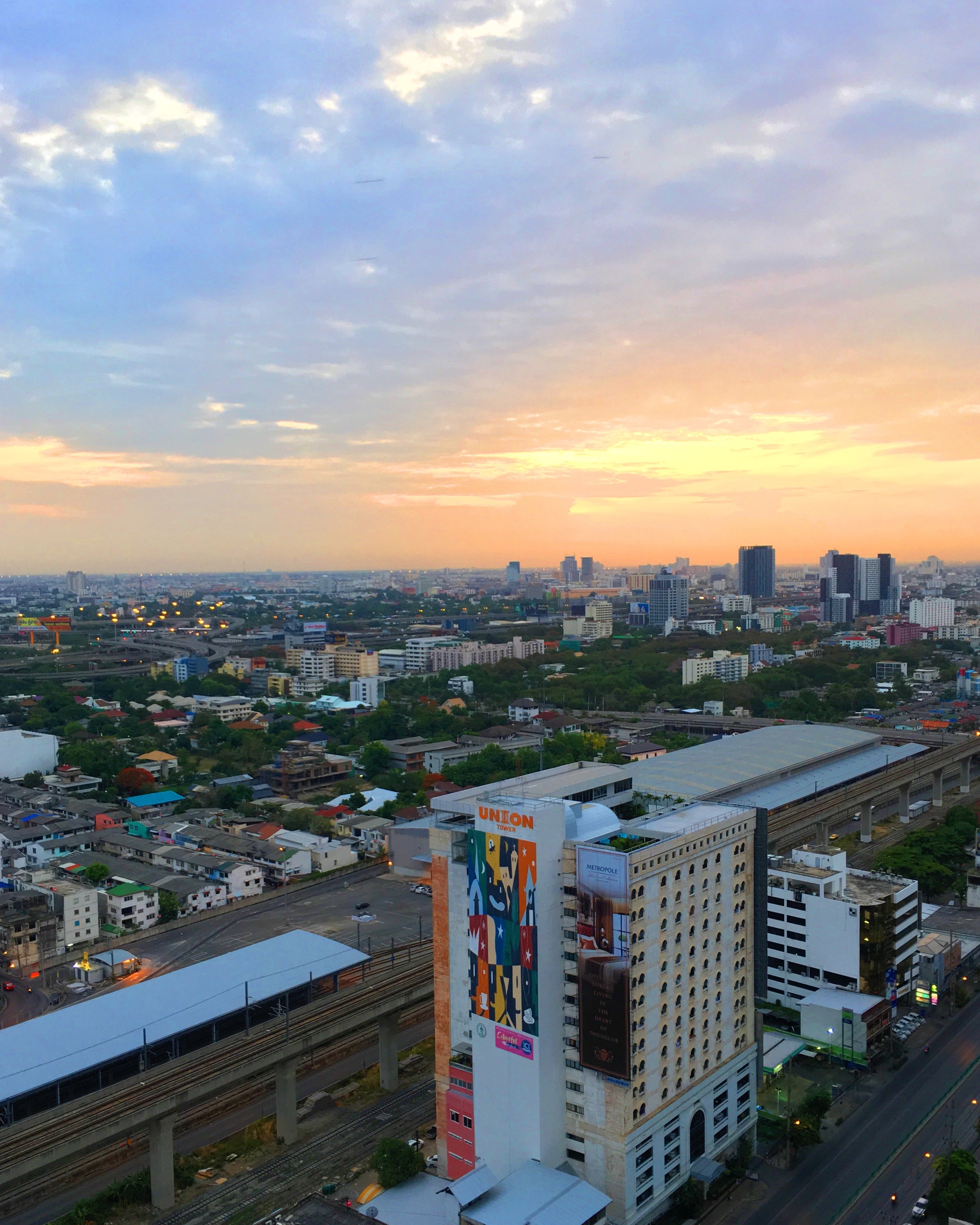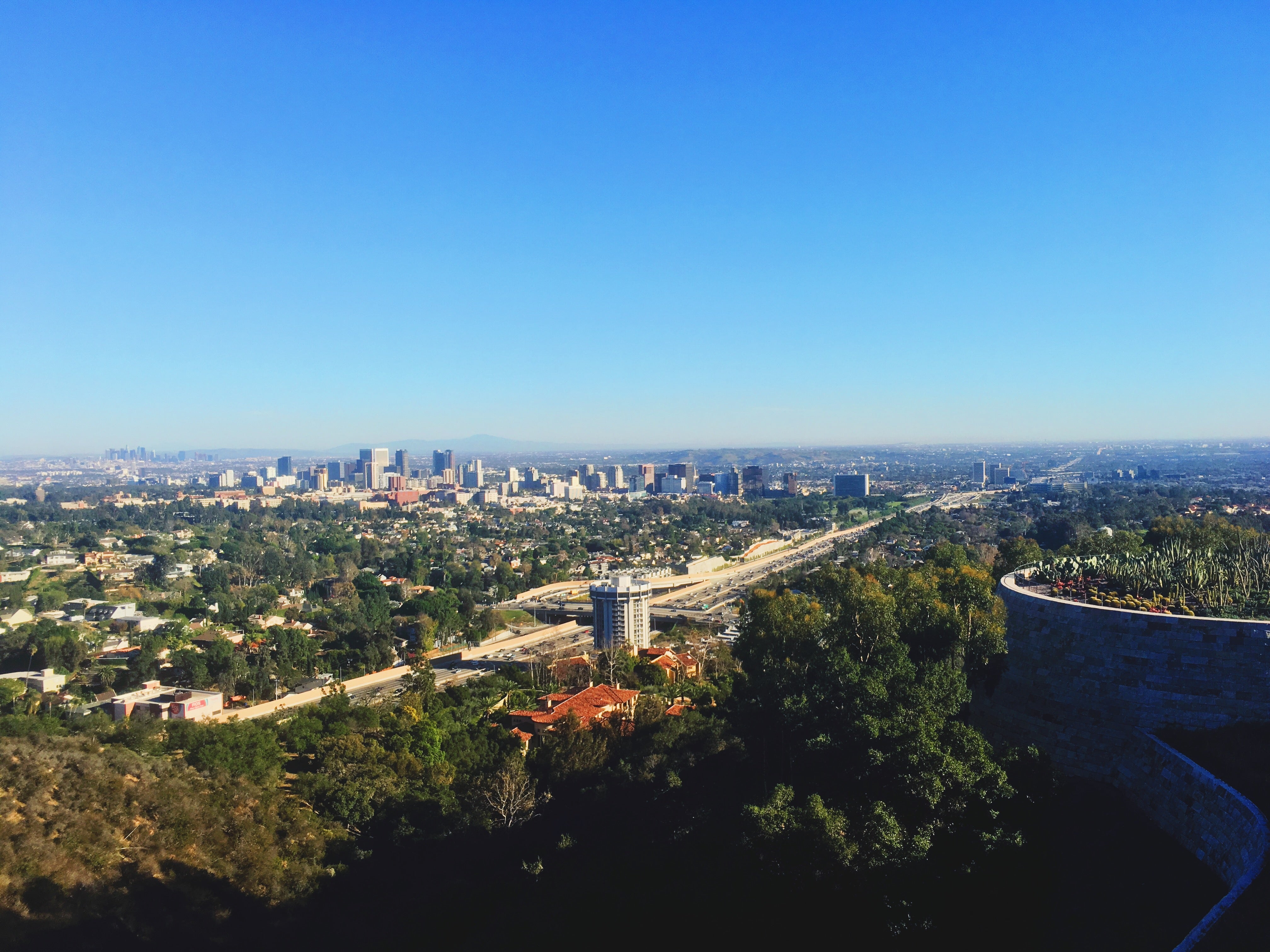Why We Travel

“We travel, initially, to lose ourselves; and we travel, next, to find ourselves. We travel to open our hearts and eyes and learn more about the world than our newspapers will accommodate. We travel to bring what little we can, in our ignorance and knowledge, to those parts of the globe whose riches are differently dispersed. And we travel, in essence, to become young fools again — to slow time down and get taken in, and fall in love once more….
Travel guides us toward a better balance of wisdom and compassion — of seeing the world clearly, and yet feeling it truly. For seeing without feeling can obviously be uncaring; while feeling without seeing can be blind.
Yet for me the first great joy of traveling is simply the luxury of leaving all my beliefs and certainties at home, and seeing everything I thought I knew in a different light, and from a crooked angle.
The sovereign freedom of traveling comes from the fact that it whirls you around and turns you upside down, and stands everything you took for granted on its head. If a diploma can famously be a passport (to a journey through hard realism), a passport can be a diploma (for a crash course in cultural relativism). And the first lesson we learn on the road, whether we like it or not, is how provisional and provincial are the things we imagine to be universal.
We carry values and beliefs and news to the places we go, and in many parts of the world, we become walking video screens and living newspapers, the only channels that can take people out of the censored limits of their homelands. Not the least of the challenges of travel, therefore, is learning how to import — and export — dreams with tenderness.
Abroad, we are wonderfully free of caste and job and standing, and people cannot put a name or tag to us. And precisely because we are clarified in this way, and freed of inessential labels, we have the opportunity to come into contact with more essential parts of ourselves (which may begin to explain why we may feel most alive when far from home).
Abroad is the place where we stay up late, follow impulse and find ourselves as wide open as when we are in love. We live without a past or future, for a moment at least, and are ourselves up for grabs and open to interpretation. We even may become mysterious — to others, at first, and sometimes to ourselves.

Travel, for many of us, is a quest for not just the unknown, but the unknowing. On the road, we often live more simply (even when staying in a luxury hotel), with no more possessions than we can carry, and surrendering ourselves to chance.
For if every true love affair can feel like a journey to a foreign country, where you can’t quite speak the language, and you don’t know where you’re going, and you’re pulled ever deeper into the inviting darkness, every trip to a foreign country can be a love affair, where you’re left puzzling over who you are and whom you’ve fallen in love with.
And what this metaphor also brings home to us is that all travel is a two-way transaction. For what we all too often ignore when we go abroad is that we are objects of scrutiny as much as the people we scrutinize, and we are being consumed by the cultures we consume, as much on the road as when we are at home.
So travel, at heart, is just a quick way to keeping our minds mobile and awake. And if travel is like love, it is, in the end, mostly because it’s a heightened state of awareness, in which we are mindful, receptive, undimmed by familiarity and ready to be transformed. That is why the best trips, like the best love affairs, never really end.”
< Beautiful words written by Pico Iyer >




Comments